Jason Bourne: The Series' 10 Most Memorable Quotes | ScreenRant
After the original trilogy cemented Jason Bourne as a high bar for the action genre, the franchise continues to survive. However, despite the divisive sequels that followed, and the recently cancelled television series, there is no denying the series is rooted in sophisticated themes. In addition to magnetic thrills, the robust and convincing characterization resulted in some unexpectedly moving pathos.
The films are also rooted in forthright ethical observations, which extends far beyond traditional villains of the genre. The simplicity of the series’ overarching ideas was very conducive to understanding and exploration. In fact, they can be boiled down to small, yet potent quotes.
10 Identity: “Nobody Does The Right Thing”
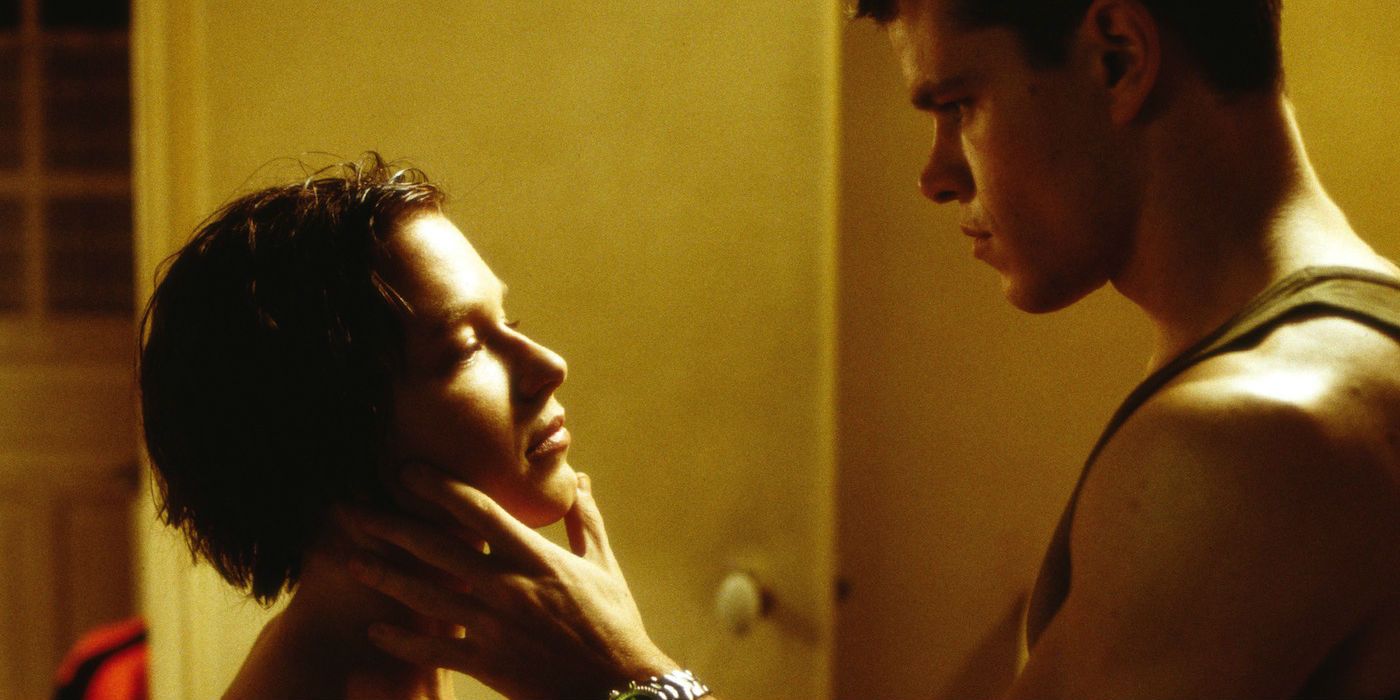
The emotional core of the franchise has always been Bourne’s relationship with Marie. It was equally touching and convincing, and Marie’s influence became crucial to Bourne’s evolution. So, her own thoughts and values are always significant. As Bourne tries to convince Marie that he has good intentions, Marie replies with great cynicism, which fits the film’s political attitude.
However, both Marie and Bourne eventually improve each other’s optimism. Themes of moral weakness and ambiguity are central to the series, and this quote approaches it outright.
9 Ultimatum: “We’d Be Having This Conversation Face To Face”
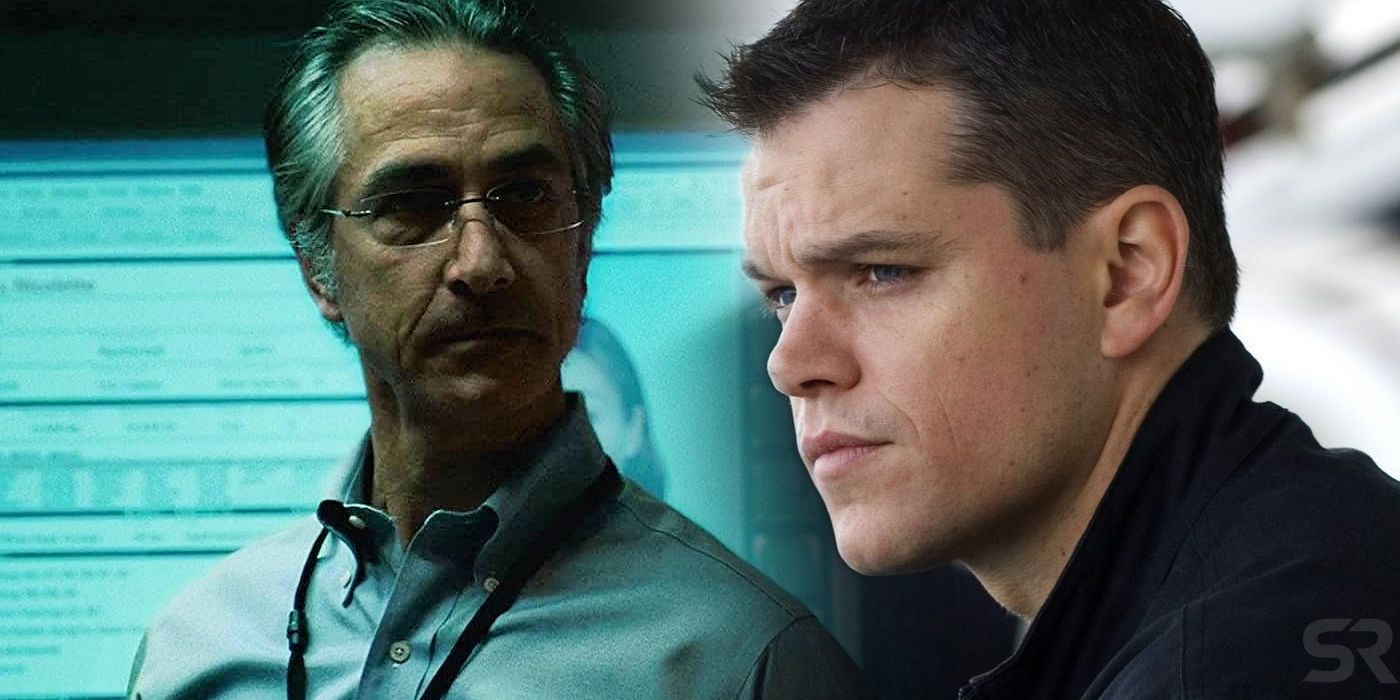
The writers' strike of the time caused serious issues for a number of franchises, including James Bond himself. However, the trilogy successfully closes by tightening its plot into a streamlined adventure, which still ties up essential loose ends. The result is a frenetic pace, full of non-stop action sequences that put Bourne on an inevitable path to his origins.
This approach pardons a one-liner or two from the iconic hero, who breaks into the antagonist’s office and openly tells him. But the villains are so despicable, Bourne’s confident taunting feels deserved and cathartic. After all, Treadstone is only suffering at the hands of their own training.
8 Supremacy: “You Killed Marie”
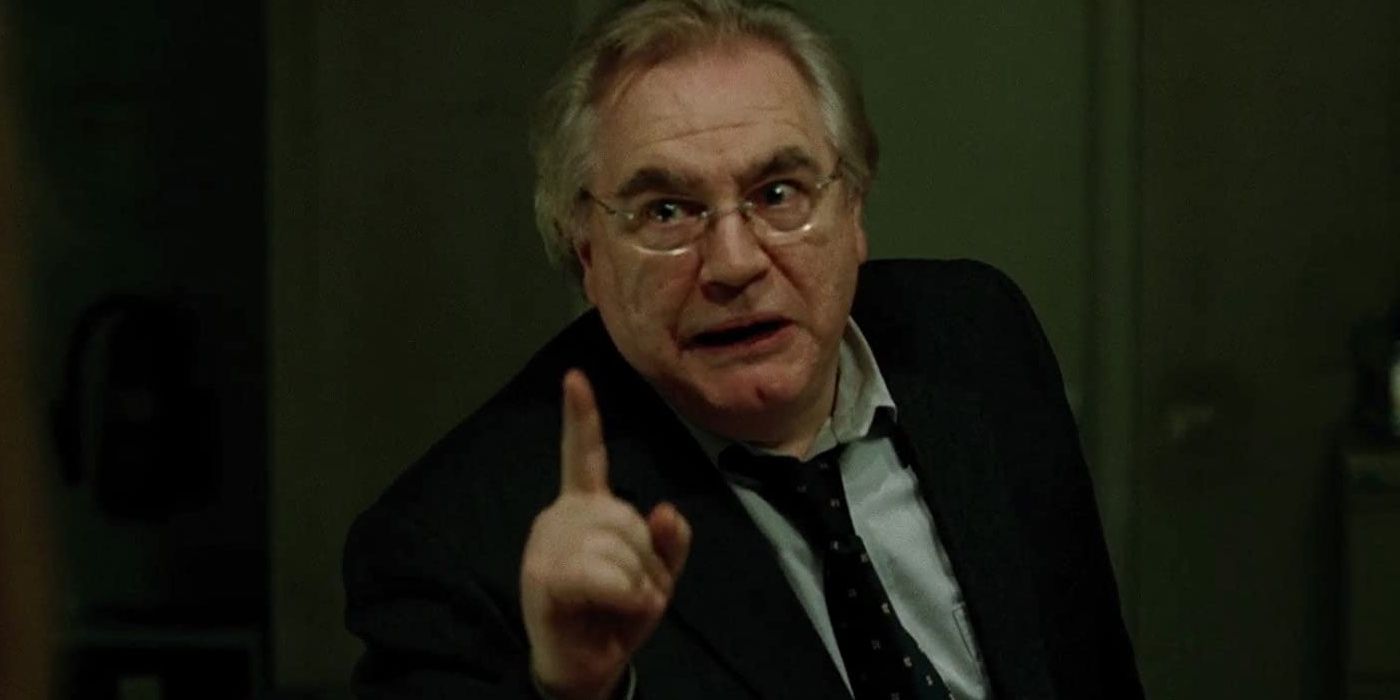
The moral dilemma of Bourne’s relationship with Marie has always been intriguing. At the end of the second film, the ruthless Ward Abbot is utterly cornered by Bourne. Certain he will die, his honesty becomes more profound against Bourne’s accusations. Bourne blames Treadstone for Marie’s death, but Abbot counters that Bourne is responsible.
Abbot insists that Bourne’s nature as a killer would endanger anyone close to him. Unfortunately, that proved true throughout the series. However, it was also Marie’s choice, and Bourne eventually tells Marie’s brother that they both believed in a potential future.
7 Ultimatum: “It Ends When We’ve Won”
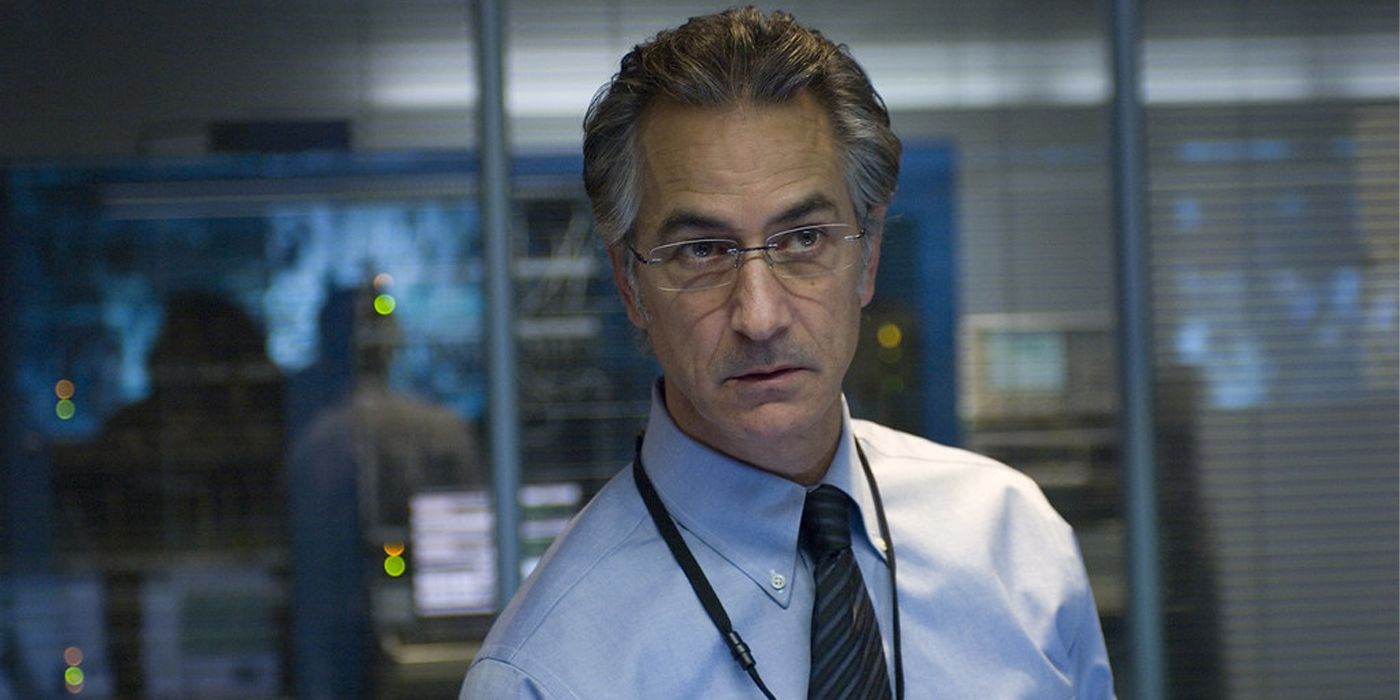
The villainous Noah Vosen is the series’ entire political criticism incarnate. His traitorous methods, enabled by the American government, are obviously unethical. Vosen is trigger-happy, and perfectly willing to assassinate Nicky without a full understanding of her situation.
With regards to the program, he suggests that his unchecked power should be allowed to escalate indefinitely. Reducing serious destruction and collateral to something as black-and-white as “winning” seems dangerously misled. Where Conklin felt like a steadfast soldier, and Abbot was totally self-serving, Vosen is a true-believer. That distinction makes Vosen the perfect manifestation of commentary.
6 Supremacy: “You'd Want To Know The Truth”
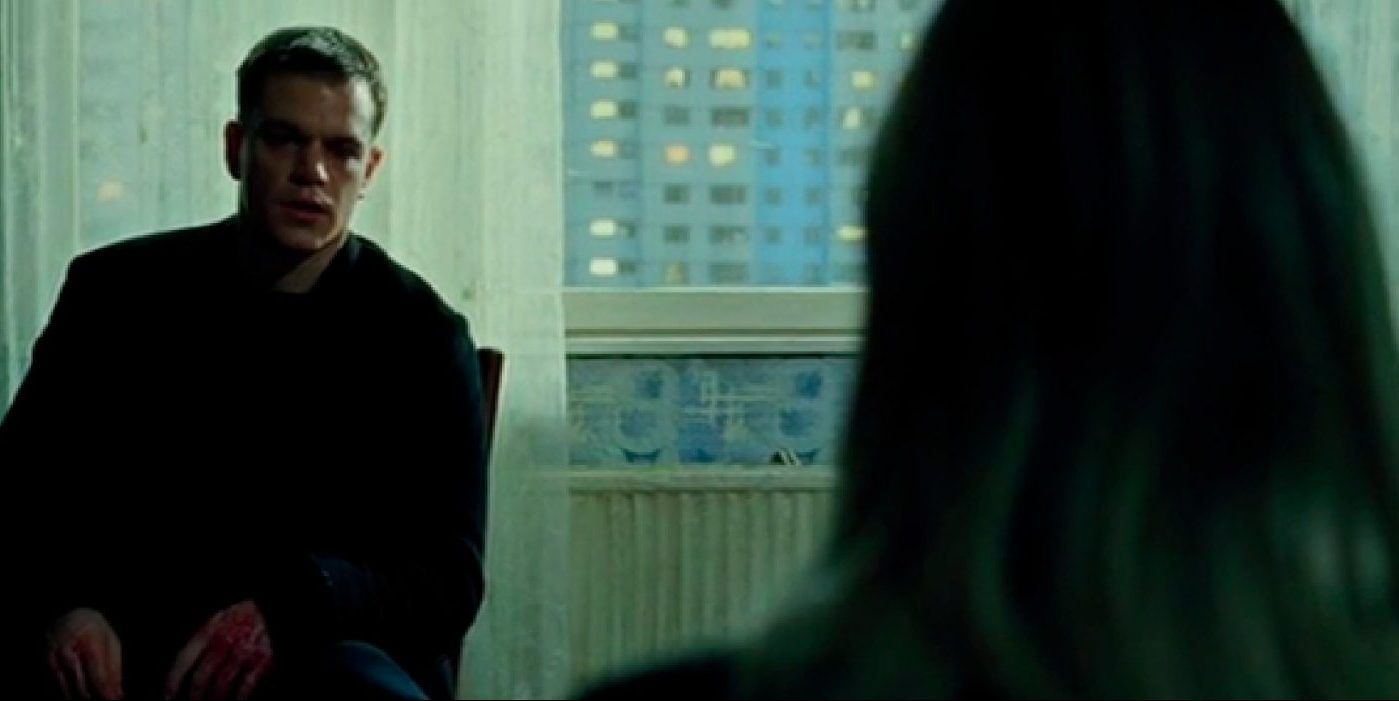
Beyond the grounded action sequences, the series’ intimate character design easily distinguishes Bourne from many other action films. Where most action heroes leave a trail of bodies with pleasure, Bourne is deeply driven by guilt. This even proved true in his latest outing, where self-punishment was a natural consequence.
However, in the original trilogy, Bourne decides to apologize to victims. He visits Irena Neski, whose parents he murdered. This emphasizes the freedom of truth, drawing a parallel between her relief and Bourne’s. It validates every preceding thrill, and asserts Bourne’s new personality.
5 Supremacy: “They Don’t Make Mistakes”
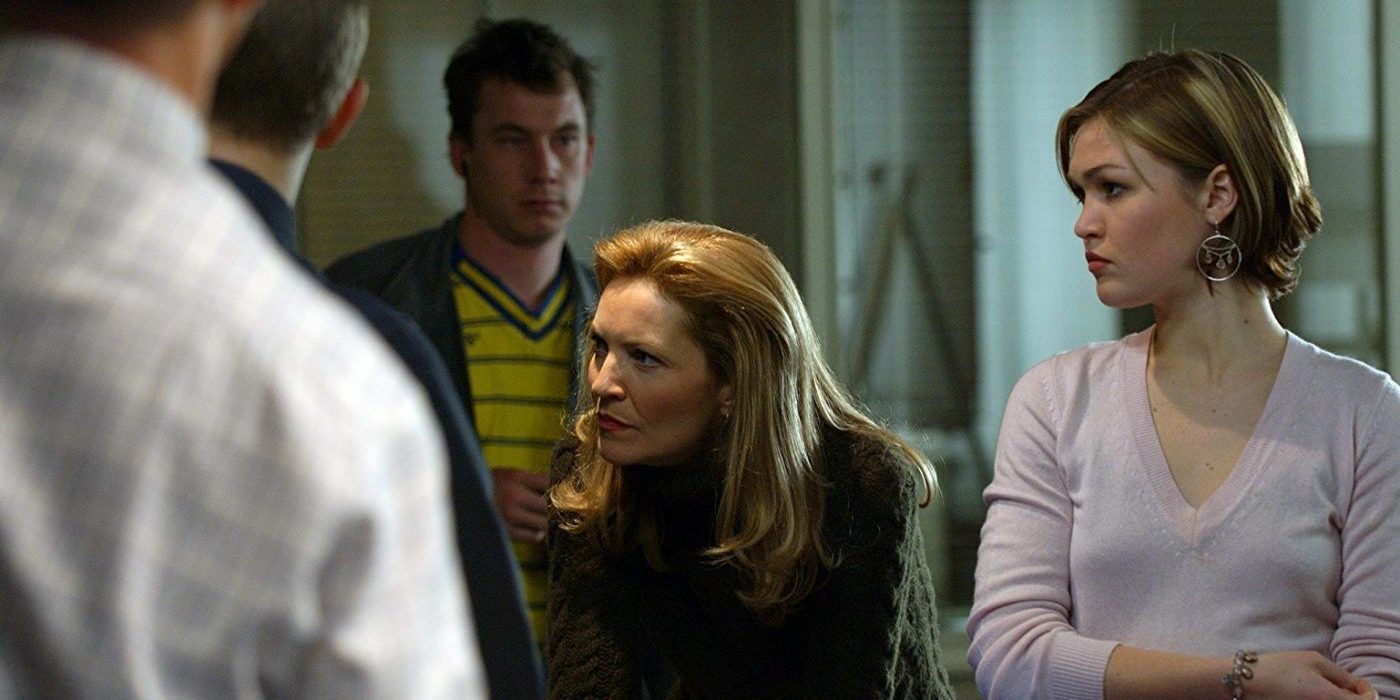
A terrifying and glorifying phrase from Nicky Parsons, who ran logistics for Treadstone’s agents. Nicky’s unique understanding prompts her to warn the group that is hunting Bourne, explaining just how calculating and composed these unstoppable assassins are. It further stresses just how unnatural the agents can be.
Inadvertently, this also suggests how unnatural their behavior modification must have been. It also explains Bourne’s ability to survive so many inescapable situations, where most action heroes are simply expected to.
4 Ultimatum: “You Volunteered”
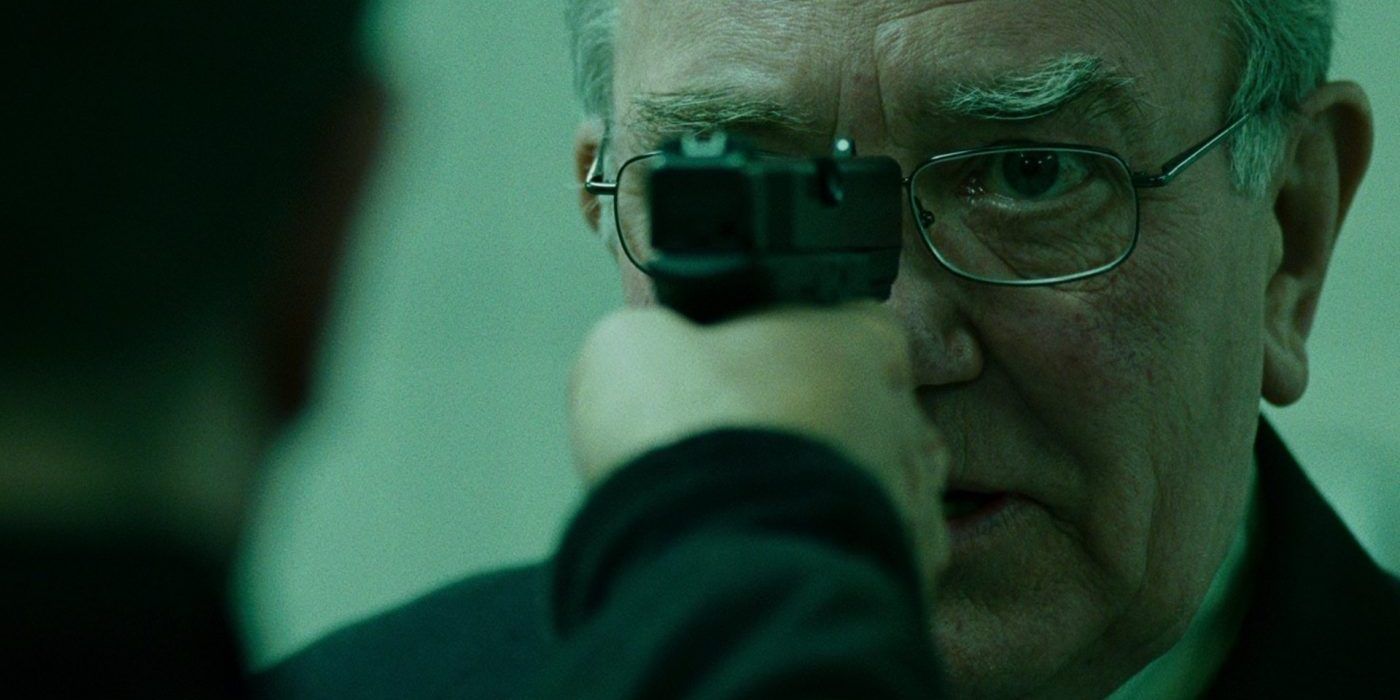
From the moment Bourne first learned about his violent past, he was repulsed. However, in the epic conclusion to the original trilogy, Bourne cannot escape his decisions. He finally finds Dr. Albert Hirsch, the man who was there at the beginning of his training.
He directed Bourne to kill an unidentified civilian, but Bourne is still the one who ultimately committed. When Bourne has Hirsch cornered, the ruthless doctor is keen to remind Bourne of his responsibility. Bourne slowly tries to overcome this by exercising mercy as frequently as possible.
3 Identity: “I Will Bring This Fight To Your Doorstep”
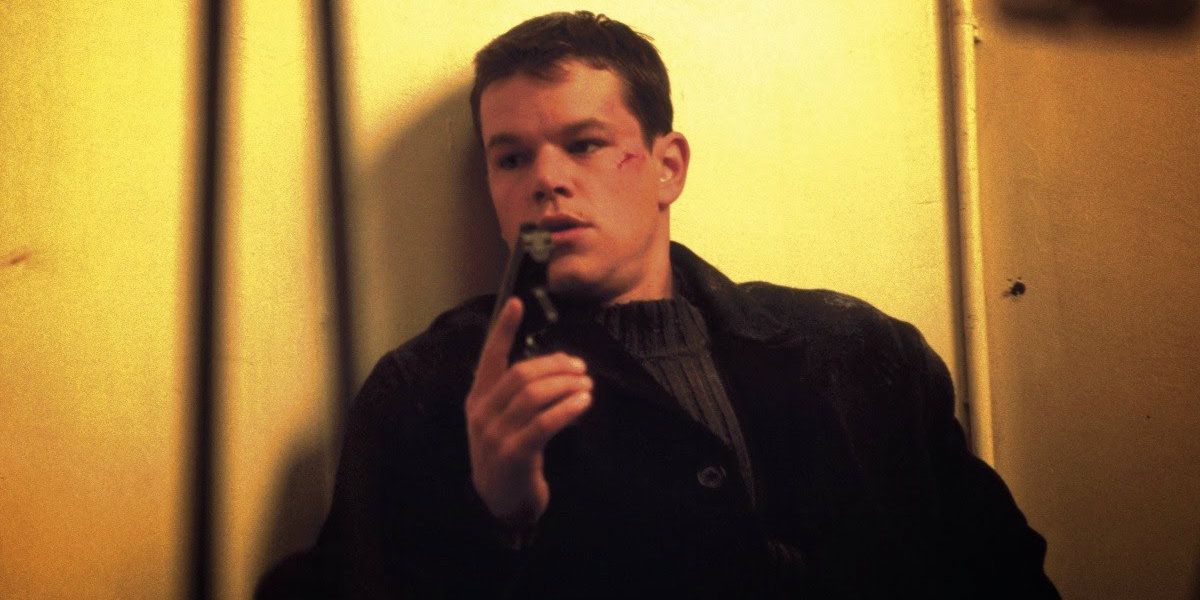
While this line isn’t quite as meaningful, it’s also one of the few identifiable one-liners reminiscent of familiar tropes in the genre. However, that hardly makes the line weak. In fact, Liam Neeson’s warning in Taken is quite similar, and equally effective.
Bourne is desperately attempting to permanently distance himself from Treadstone, and uses serious threat to avoid further violence. He uses his established reputation and abilities to threaten the agency, rather than continuing to directly wage war.
2 Supremacy: “She Wouldn’t Want Me To”

Again, Marie’s ethical beliefs continue to influence Bourne. Her loss was a tragic blow, even for the fans themselves. After all, her character and relationship with Bourne was a defining characteristic that grounded the original.
Marie’s final words insisted that Bourne always has a choice, and that directly ties in to Bourne’s mercy against Ward Abbott. This piece of the conversation is crucial for the agency and audience alike, to understand Bourne’s motivations. It also brings emotional resolution for Marie. Honoring her ideals adds some resonating value to her death.
1 Identity: “Look At What They Make You Give”
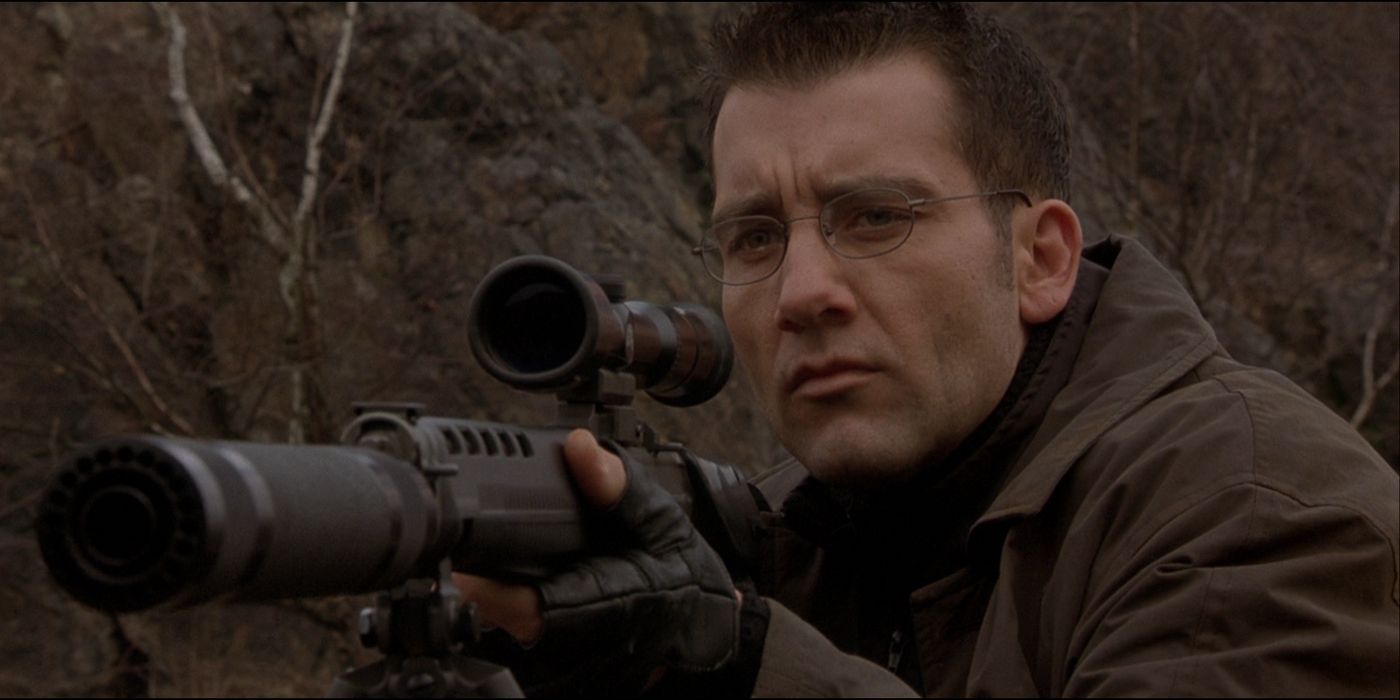
Surely the most recognizable line of the franchise, adding thematic consistency throughout the original trilogy. Bourne later comes full circle, obliviously echoing the unidentified “Professor.” Played by Clive Owen, he brings a distinct level of tragedy and profundity to this simple line.
Owen's memorable performance is reserved, and it allows the meaning of his dying thoughts to be misconstrued. However, fans know that every word here is significant. When the Professor recites his orders, he is questioning the mechanical pointlessness of his job. The Professor is more exhausted than anything, and resentful for losing his humanity.
from ScreenRant - Feed https://ift.tt/3hvZWog
No comments